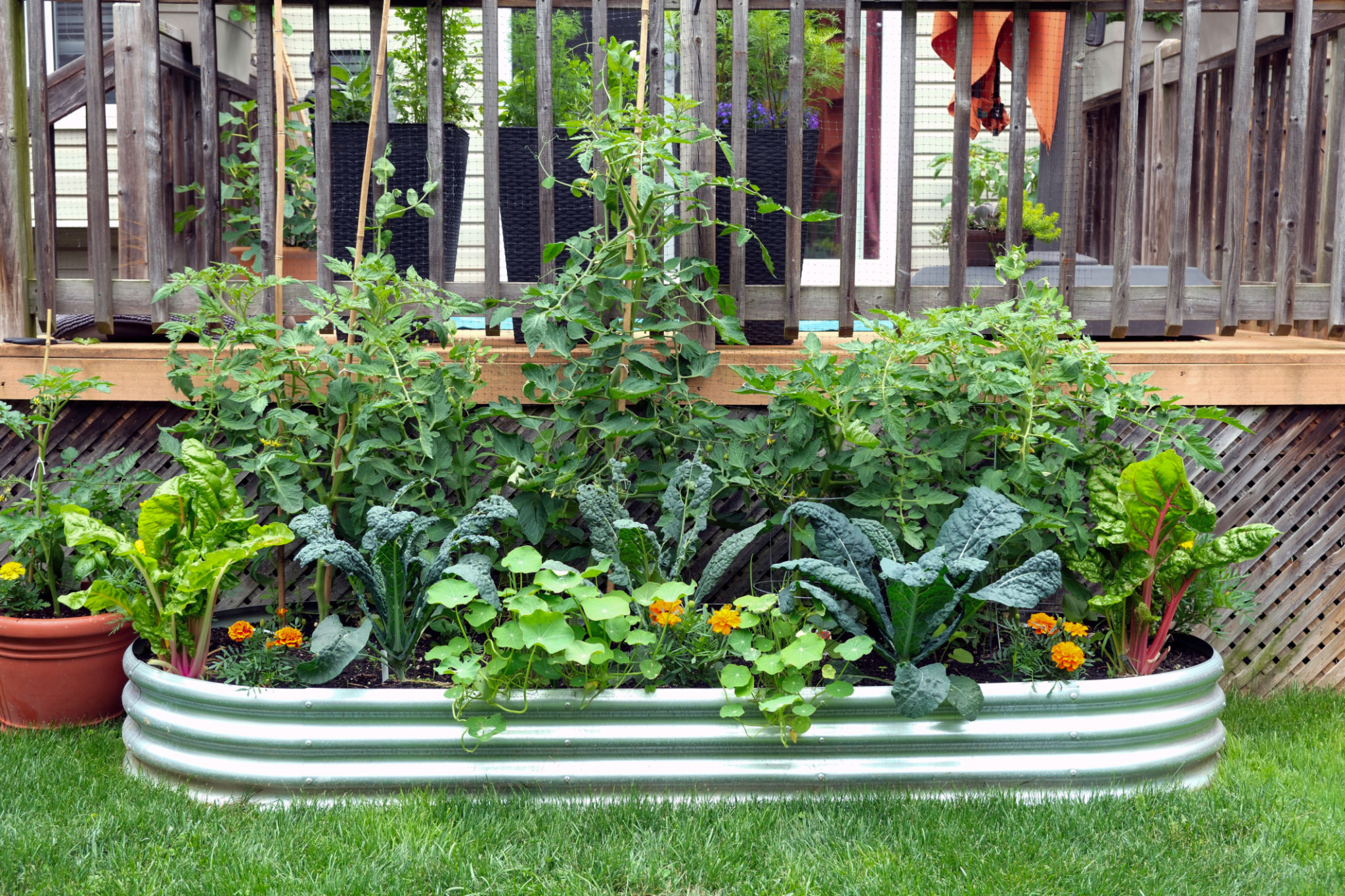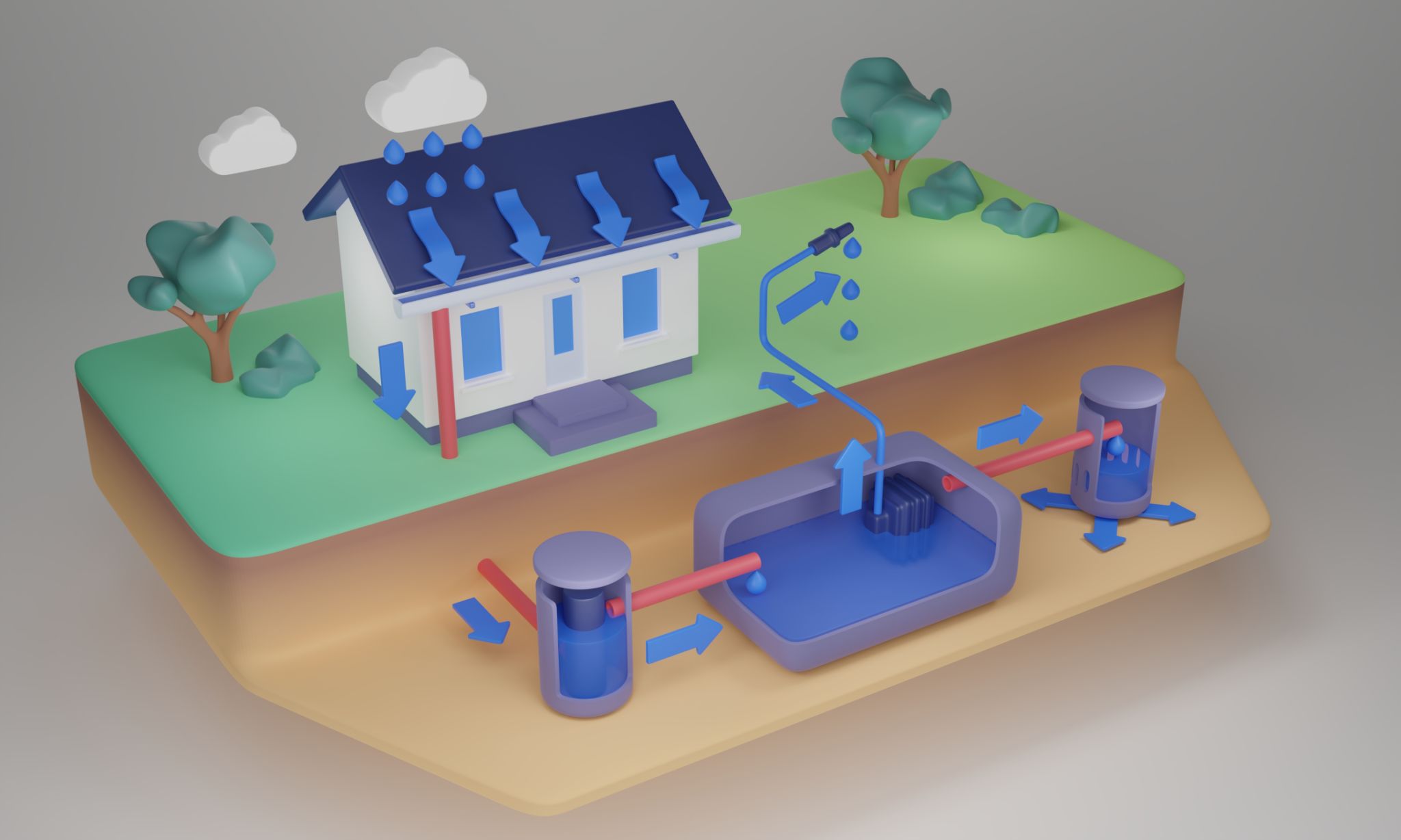DIY Eco-Friendly Landscaping Projects for Melbourne Homeowners
Introduction to Eco-Friendly Landscaping
In recent years, the push towards sustainability has grown stronger, and more homeowners in Melbourne are seeking ways to make their living spaces eco-friendly. One area that offers significant potential for sustainability is landscaping. By adopting eco-friendly landscaping practices, you can create a beautiful outdoor space that is both kind to the environment and cost-effective.

Benefits of Eco-Friendly Landscaping
Eco-friendly landscaping has numerous benefits. Not only does it help reduce your carbon footprint, but it also conserves water, reduces waste, and enhances the natural habitat for local wildlife. By choosing native plants and sustainable materials, you contribute to the preservation of Melbourne's unique ecosystem.
Water Conservation Techniques
Water conservation is a critical aspect of eco-friendly landscaping. Melbourne's climate can be quite variable, so it's essential to use water wisely. Consider installing a rainwater harvesting system to collect rainwater for irrigation. Additionally, opt for drought-tolerant plants that require minimal watering, such as kangaroo paw or coastal rosemary.

Creating a Sustainable Garden
When designing a sustainable garden, focus on using native plants, which are adapted to the local climate and require less maintenance. Incorporate trees and shrubs that provide habitat for native birds and insects. Using organic fertilizers and natural pest control methods will further enhance your garden's eco-friendliness.
Composting for a Greener Garden
Composting is an excellent way to reduce waste and enrich your soil with nutrients. Start by setting up a compost bin in your backyard where you can dispose of kitchen scraps and garden waste. Over time, this will decompose into rich compost that can be used to improve soil health and promote plant growth.

DIY Projects for Sustainable Landscaping
There are several DIY projects you can undertake to enhance the sustainability of your landscape. Building a raised garden bed using reclaimed wood is a great way to repurpose materials while providing an efficient growing space for vegetables and herbs. Similarly, creating pathways with recycled bricks or stones adds charm and reduces the need for lawn maintenance.
Incorporating Edible Plants
Including edible plants in your landscape design not only promotes sustainability but also provides fresh produce for your family. Consider planting fruit trees, berry bushes, or a vegetable patch. This approach reduces the need for store-bought produce, which often involves packaging and transport emissions.

Using Mulch for Soil Health
Mulching is another effective technique for conserving moisture, suppressing weeds, and improving soil health. Use organic mulch materials such as wood chips or straw around your plants. This not only enhances the appearance of your garden but also supports the ecosystem by providing habitat for beneficial organisms.
Conclusion: Embrace Sustainable Practices
Embarking on DIY eco-friendly landscaping projects allows Melbourne homeowners to contribute positively to the environment while creating beautiful outdoor spaces. By incorporating native plants, water conservation techniques, and sustainable materials, you can enjoy a lush, thriving garden that aligns with your environmental values.
